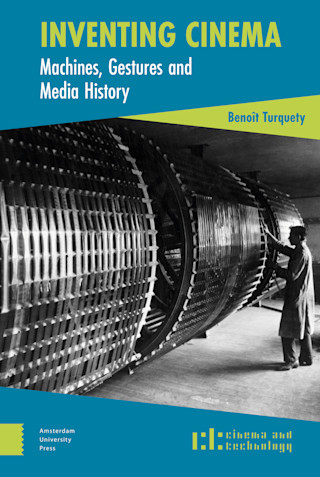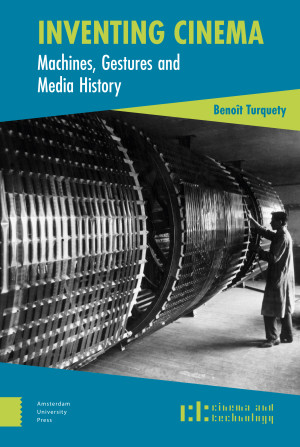With machines mediating most of our cultural practices, and innovations, obsolescence and revivals constantly transforming our relation with images and sounds, media feel more unstable than ever. But was there ever a ‘stable’ moment in media history? Inventing Cinema proposes to approach this question through an archaeology and epistemology of media machines. The archaeology analyses them as archives of users’ gestures, as well as of modes of perception. The epistemology reconstructs the problems that the machines’ designers and users have strived to solve, and the network of concepts they have elaborated to understand these problems. Drawing on the philosophy of technology and anthropology, Inventing Cinema argues that networks of gestures, problems, perception and concepts are inscribed in vision machines, from the camera obscura to the stereoscope, the Cinématographe, and digital cinema. The invention of cinema is ultimately seen as an ongoing process irreducible to a single moment in history.

